Tribute to Nelson Mandela

Tribute to Nelson Mandela
On June 18th we celebrate Mandela Day, his life and legacy fills us with hope and guides the lives of many people in the world. His life example inspired the life of Joe Romea, our friend and peace educator native to South Africa and who reveals in her article above the importance of Mandela’s example in her academic and personal trajectory. Nobody better than Joe to talk about Madiba, someone who experienced the political period where he was active and felt the power of his leadership and moral example. We hope that soon we can carry on with our projects of bringing Education for Peace to Cape Town and that we can feel “in loco” the emotion of knowing more about Mandela’s life and legacy.
Thanks Joe for sharing your perceptions about the life of this extraordinary human being.
Long live Mandela!
Praying Hands,
Regina Proença
A personal reflection on Nelson Mandela
By the time I entered this world, Nelson Mandela had been captured by the Apartheid security police and sentenced to life imprisonment for treason in the 1960. Mandela’s legacy lives in myriad ways – wisdom, equality, justice, humility, values of nonviolence, sacrifice and education.
This month, South Africans annually commemorate the 1976 Soweto student uprising on 16 June (Youth Day) against the oppressive apartheid education system and is therefore fitting to reflect on Mandela’s approach to education. Mandela poignantly said “Education is the most powerful weapon which can change the world.”
Mandela’s words about education resonate deeply and what better way to pay homage through the words he spoke and wrote about education. I reflect upon the moments in my educational trajectory that coincided with his history and served as a source of inspiration.
I started my educational career at 6 years old in 1976 – the year of the Soweto uprising (44 years ago on 16 June and annually reflected upon as Youth Day). I have no memory of the name Mandela during my primary years of life. My first introduction came as I entered my high school career at the age of 13-15 years, when political frustrations began to manifest and gained momentum in the early 1980’s. For the first time, circulated images of Mandela became available and a name was given a face. This period signified the genesis of my “political awakening” fostered by teachers who not only valued academics but equally the importance of social justice education. Memories of mass rallies, boycotts and riots that erupted throughout the country, disrupted education for many. Amid all the instability and struggle at that time, a clear direction from the politically conscious leadership at my school, was that our education would not be sacrificed. This was not a choice for thousands of students nationwide who actively participated in the call to free Mandela, putting both education and life on the line by facing rubber bullets, teargas and arrests. With little to no threat of disruption to exams, except for my teachers having to ensure that it was safe for learners to leave school grounds, education continued relatively unaffected. Having not experienced the smell of teargas nor the rain of bullets but a recipient of this uninterrupted education in the time of political turmoil, can be attributed to the opportunity and privilege of growing up in a relatively protected middle-class, “coloured” community.
The political uprising continued throughout my undergraduate university during the peak of the uprising from 1988 to 1993 and once again, the opportunity for education to progress was not taken away. Mandela was released from prison during this period, received the Nobel Peace Prize in 1993 (the same year I graduated) and became the first democratically elected president of South Africa.
Another time Mandela’s words about education touched me was at my graduation ceremony in 2013 during the same month of his passing. That was so much more than another graduation ceremony. It was a celebration of Mandela’s life and through the sacrifices he had made for me and other people and women of colour to reach our fullest potential previously denied. As I stood on the steps of university adorned with his picture, I felt appreciative of the gift of Mandela’s vision of education for all.
In 2018, as part of the PhD orientation, our cohort visited Mandela’s capture site in the province of KwaZulu Natal in South Africa. This was probably the most profound of all the times I had been moved by Mandela’s greatness. Never will I forget how overcome by the “rainbow” of emotions I felt; injustice, sadness, despair, fear, anger and finally hope and inspiration. Mandela, even though not present, was felt, in the air, on the ground, all around you. I found myself contemplating what was happening to him – what was he going through, what was he thinking and feeling as he was captured? The enormity of Mandela’s life was palpable.
As a scholar of peace studies, Mandela is the World Peace Icon that has inspired and continues to inspire me most. As Mandela said “Education is the greatest engine of personal development. It is through education that the daughter of a peasant can become a doctor, that the son of a mine worker can become the head of the mine; that a child of a farm worker can become the president of a great nation. It is what we make out of what we have, not what we are given, that separates one person from another.”
Another Youth Day has passed and again many of South Africa’s youth have expressed their despair at joblessness (with and without degrees), corruption and crime. It is easy to lose sight of Mandela’s tireless work and sacrifice under these challenges. Education creates opportunities and can never be taken away from you. At this time, more than ever, South Africa’s youth need to feel Mandela in their hearts and minds his legacy of hope.
This is what Mandela’s people do!
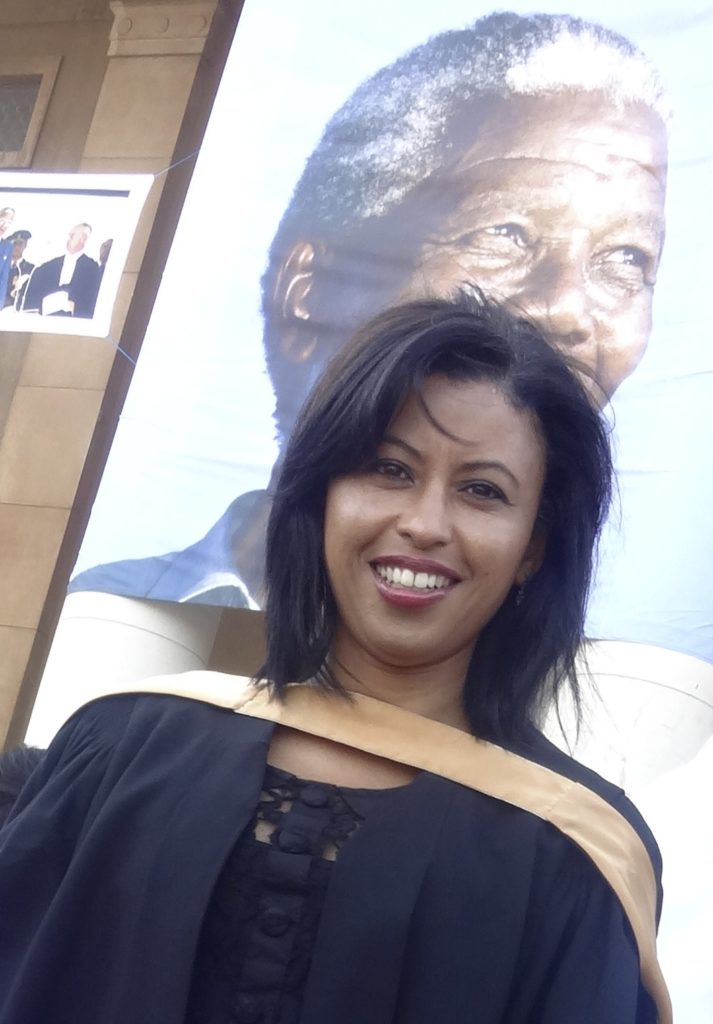
Joe Romea was born and lives in Cape Town, she is a full time Phd student at the International Centre of Nonviolence at Durban University of Technology. She has a Master of Philisophy in Criminal Justice and Criminology at the University of Cape Town. She has also studied Psycology and Social Science and worked at the Centre of Peaceful Conflict Resolution, developing a great interest at peaceful resolution of conflicts and education projects. Her Phd Thesis is about Peace Education as a transformative strategy in a community exposed to gang violence.
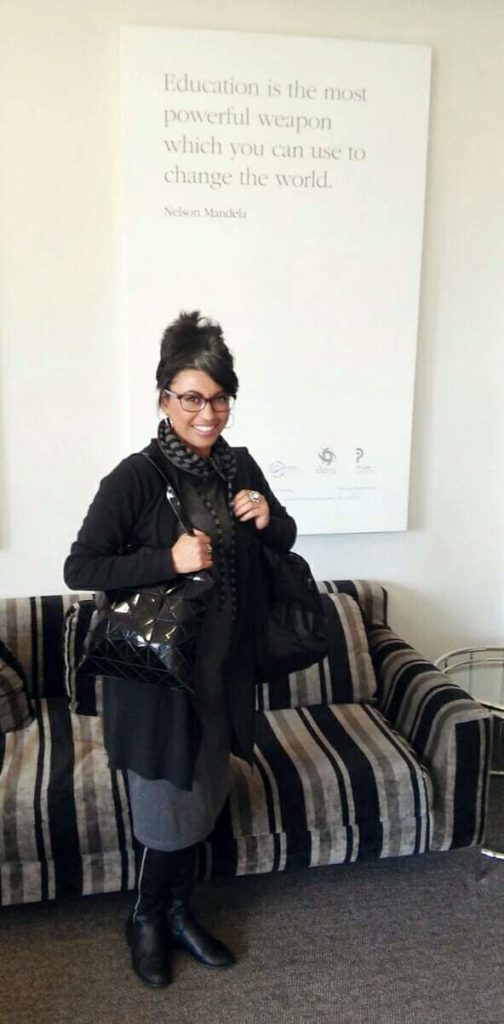


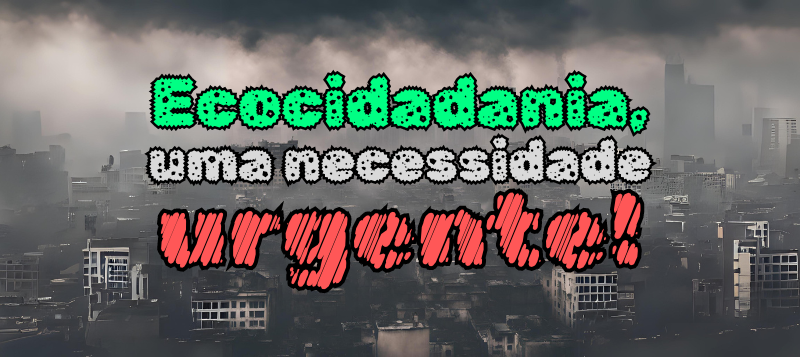
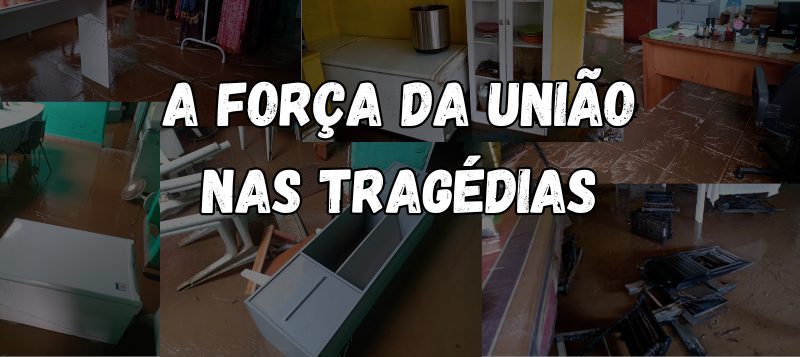
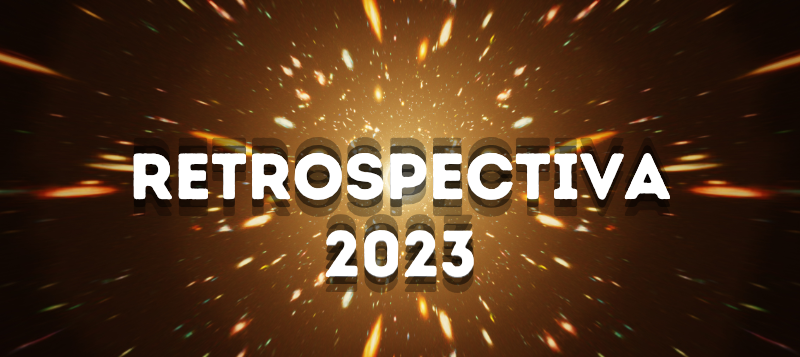

Um comentário em “Tribute to Nelson Mandela”